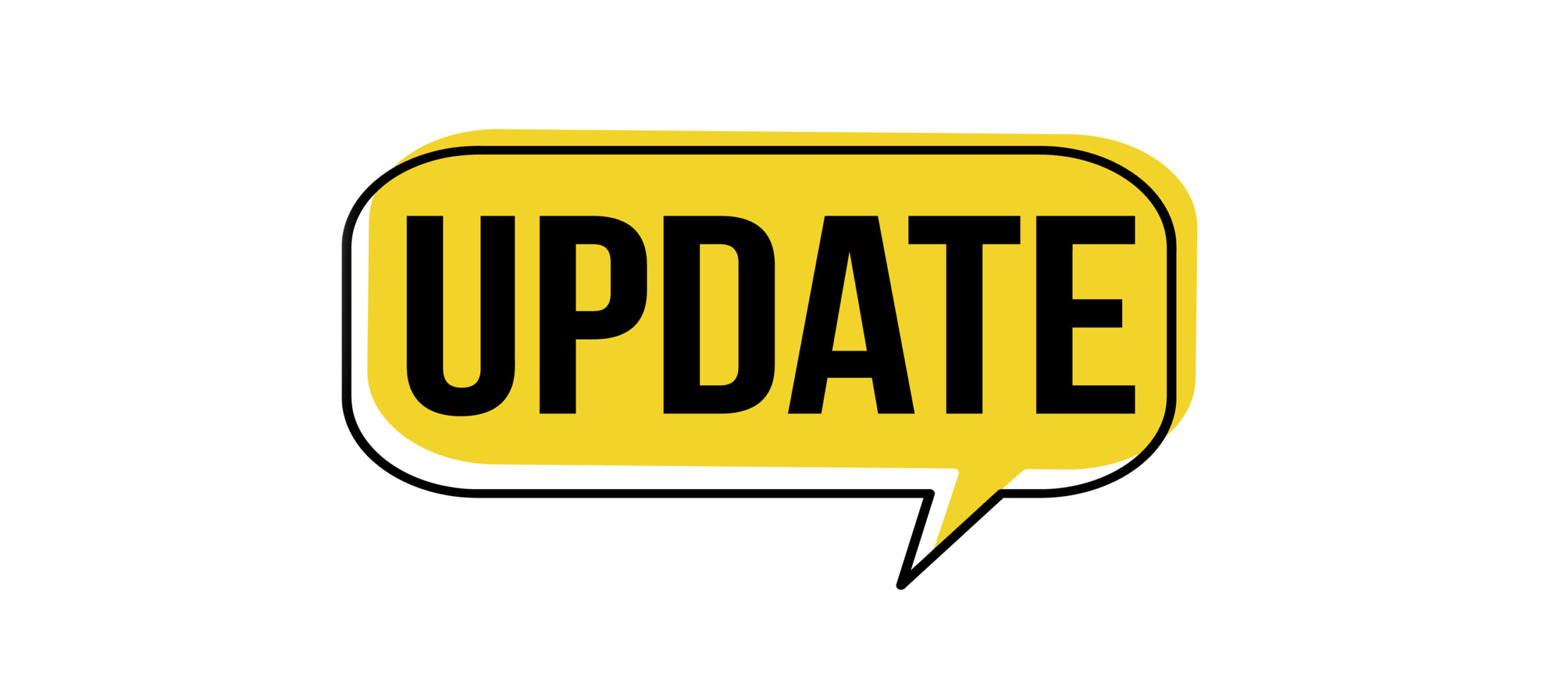Update 'Whatsapp'
Do you use Whatsapp on an Android device? If so, you'll want to upgrade to the latest version as soon as possible to steer clear of the poisoned GIF.
A critical vulnerability 'CVE-2019-11932,' allows hackers to access your chat logs and personal information by sending you a poisoned GIF.
The flaw called "Double-free vulnerability" triggers when the free() parameter is twice the same value and argument inside the software.










